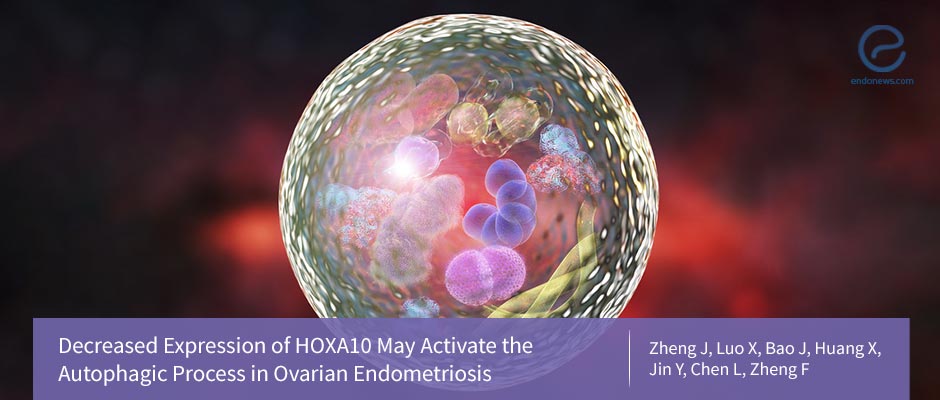Why NK Cells Fail in Endometriosis?
Endometriosis persists in the body despite the presence of immune cells that are normally responsible for eliminating abnormal tissue. One such immune cell type is the natural killer (NK) cell, which plays a key role in identifying and destroying cells…
Key Points Lay SummaryCellular mechanisms in endometriosis revisited
Academicians from Kashihara and Nara, Japan led by Dr. Kobayashi have published their review on the cellular mechanisms of endometriotic tissues in a recent issue of Reproductive Medicine and Biology. Endometriosis is a common global gynecologic ailment affecting millions of…
Key Points Lay SummaryThe dilemma of autophagy and its role in endometriosis
Autophagy is a mechanism for cell survival under metabolic stress that involves the degradation and recycling of intracellular components. Multiple genes actively control this process. Among these, the initiation stage of autophagosome formation is regulated by the gene Beclin-1 and…
Key Points Lay SummaryNew molecular insights in endometriosis pathogenesis
Dr. Rosalba Siracusa and associates from Messina University, Italy, have published their research on cellular pathogenesis of experimental endometriotic lesions in the recent issue of the "International Journal of Molecular Sciences". Endometriosis is a debilitating chronic estrogen-dependent inflammatory condition and…
Key Points Lay SummaryAutophagy, Endometrium and Endometriosis
Autophagy, or autophagocytosis, is a self-digestion process by which cells recycle non-functional proteins to repurpose them. Unwanted cellular parts in cytosolic material are first isolated within double-membrane vesicles called the autophagosome, which subsequently fuses with the acidic lysosome. Autophagy is a survival…
Key Points Lay SummaryOxygen deprivation (hypoxia) has a critical role in the pathogenesis and progression of endometriosis
Dr. Wan-Ning Li and associates from academic institutions from Taiwan have published their review paper on the role of hypoxia and possible therapeutic outcomes in the medical journal named "Reproduction" recently. Endometriosis is an important ailment with huge medical and social…
Key Points Lay SummaryAntioxidants inhibit autophagy in ectopic endometrial cells
Factors involved in the development of ectopic endometrium are not well-known, but several reports demonstrate a potential role for the pathophysiological processes including autophagy. Studies show that autophagy plays a significant role in endometriosis but the key mechanisms underlying the…
Key Points Lay SummaryAutophagy, proteolysis and Endometriosis
Sui et al., a group of researchers from the Qiqihar Medical University and Qilu Hospital of Shandong University, recently published in Experimental and Therapeutic Medicine. The piece titled “Expression and significance of autophagy genes LC3, Beclin1 and MMP-2 in endometriosis”…
Key Points Lay SummaryInhibition of PI3K/AKT/mTOR pathway for the treatment of endometriosis.
Dr. Matsuzaki et al. (2018) published a paper entitled ‘In vitro and in vivo effects of MK2206 and chloroquine combination therapy on endometriosis’ showing that the efficacy of MK2206, an Akt inhibitor, in combination with chloroquine for inducing autophagy in…
Key Points Lay SummaryIs there a new hope for the prevention of endometriotic invasions?
This research which recently published in Biomed Research International is performed by Xiaomei et al. from Obst/Gyn, Pathology and Genetic departments of three hospitals in Changsha, CHINA. The authors planned a prospective and controlled biochemical study to specify the role…
Key Points Lay SummaryCommentary on major developments in the pathophysiology of endometriosis
This commentary article by Dr. Warren G. Foster, from MacMaster University, Canada that appeared at Biology of Reproduction, is highly valuable for its leading role in endometriosis research. Although endometriosis is a common disease affecting up to 10% of women,…
Key Points Lay SummaryHOXA10: A Culprit in Endometriosis Disease Progression
Zheng et al., a group of authors from the Aerospace Center Hospital in Bejing and from the First Affiliated Hospital of Wenzhou Medical University in Wenzhou, recently published a paper in Reproductive Sciences entitled “Decreased Expression of HOXA10 May Activate the…
Key Points Lay SummaryThe effects of MK2206 and chloroquine combination therapy on endometriosis.
Endometriosis affects approximately 10% of women of reproductive age. A high recurrence rate after medical treatment with or without surgery is a significant clinical problem for patients with endometriosis. Establishment of a complete cure for patients with endometriosis awaits new…
Key Points Lay SummaryAutophagy in endometriosis
Endometriosis is a common gynecologic disease affecting both fertile (5-10%) and infertile (20-50%) women, and it commonly causes chronic pelvic pain, dysmenorrhea, and infertility. Recent research found that the autophagy exerts a pro-apoptotic effect on normal human endometrial cells and…
Key Points Lay SummaryRetinoic Acid and Beclin1 Play an Opposite Role in Endometriosis Development
In their paper titled “Retinoic acid regulates endometriotic stromal cell growth through upregulation of Beclin1,” Lu et al. seek to elucidate the mechanism that drives endometriosis disease progression. Retinoic Acid (RA) is a vitamin A metabolite responsible for regulation of…
Key Points Lay SummaryAutophagy in endometriosis: Friend or foe?
Endometriosis is a chronic, estrogen-dependent disease and affects an estimated 10% of the female population of reproductive age. Unfortunately, the etiology of endometriosis is not clear. Recently emerging evidence shows that there is a close relationship between endometriosis and autophagy.…
Key Points Lay Summary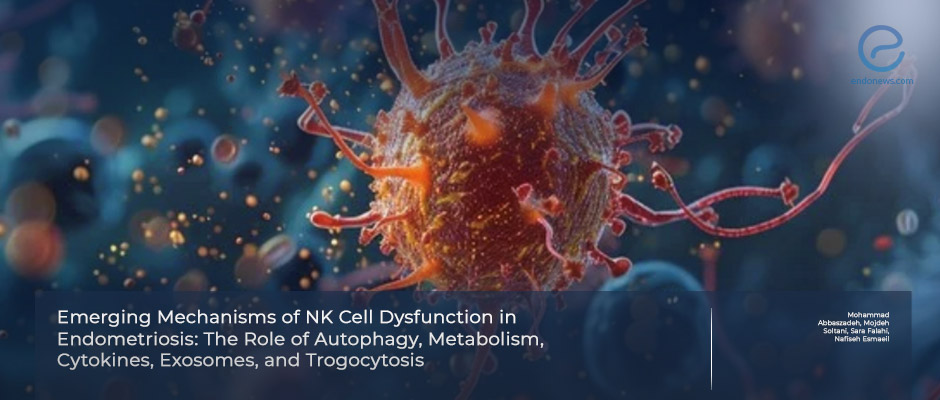
 By Ayse Ayhan
By Ayse Ayhan
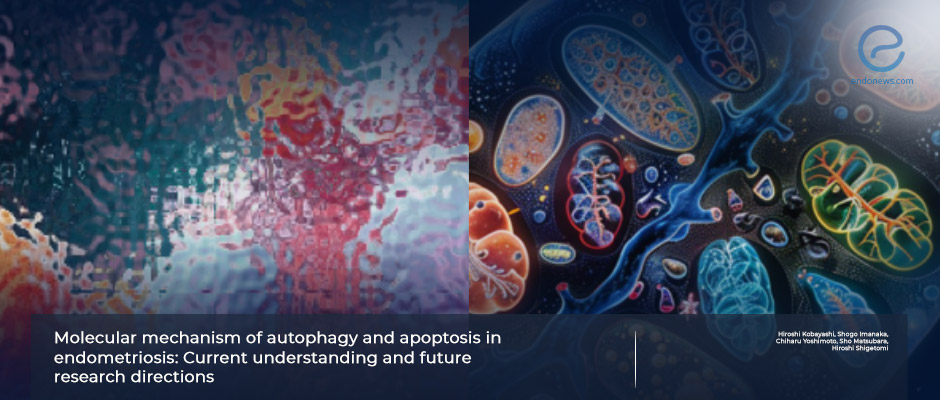
 By Nasuhi Engin Aydin
By Nasuhi Engin Aydin
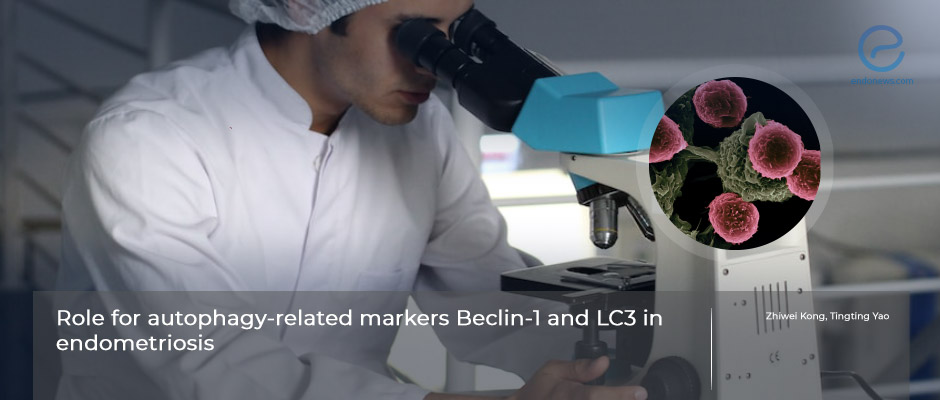
 By Eylül GÜN
By Eylül GÜN
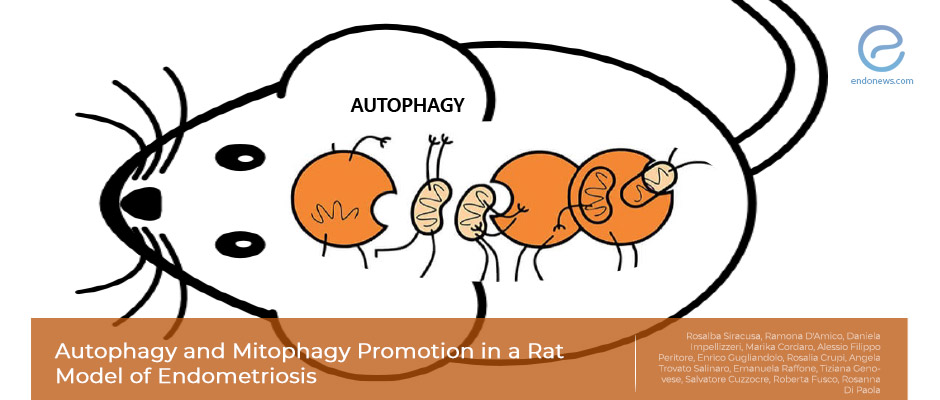
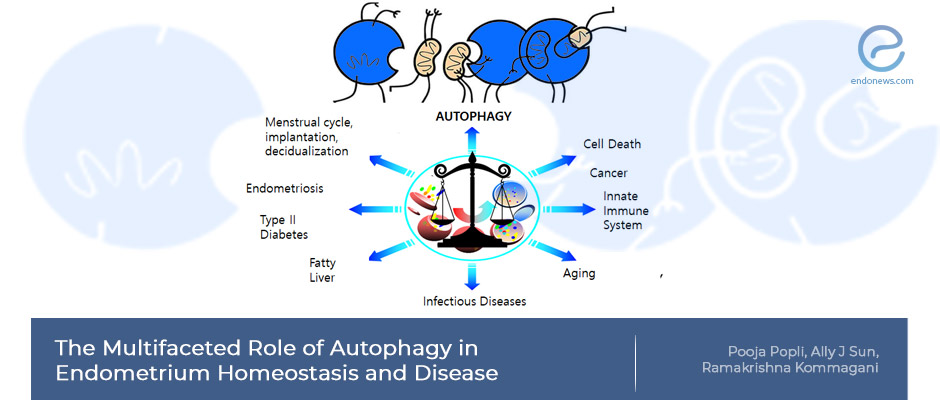
 By Dr. Youngran Park
By Dr. Youngran Park
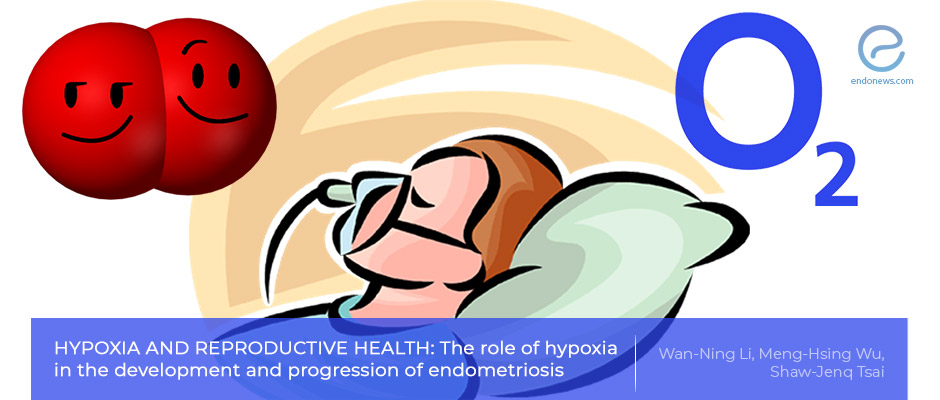
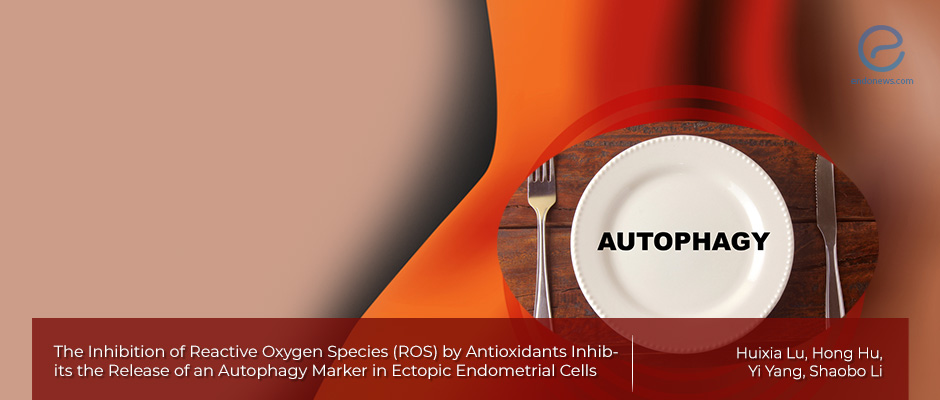
 By Nadire Duru
By Nadire Duru
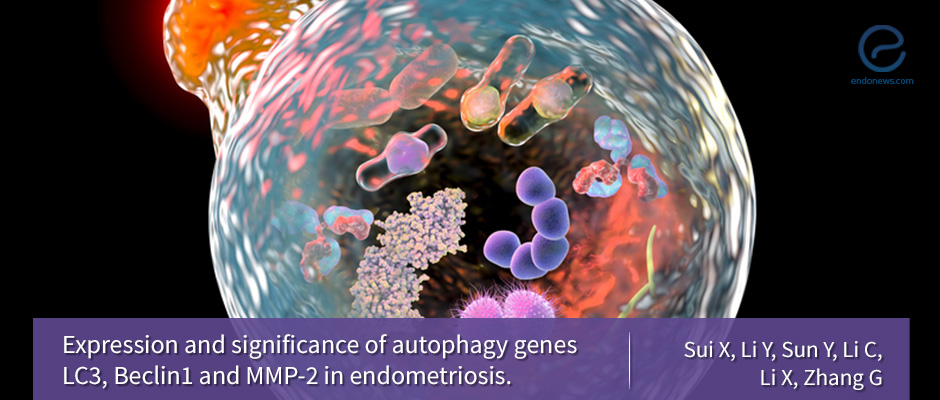
 By Kasthuri Nair
By Kasthuri Nair
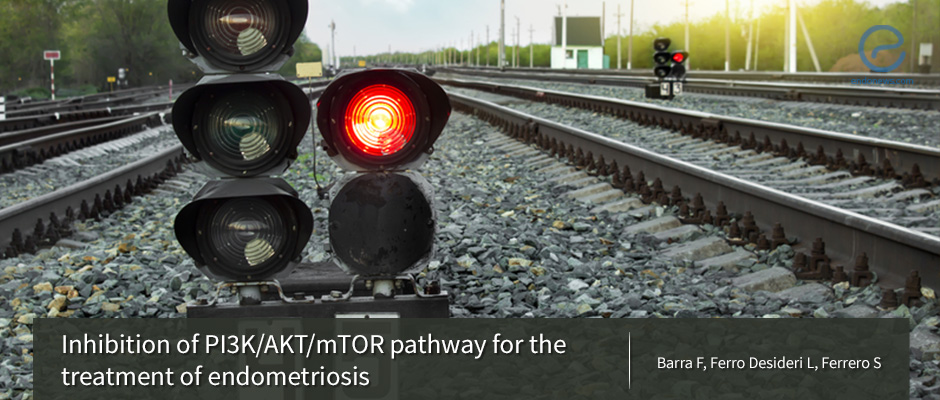

 By Selma Oransay
By Selma Oransay

